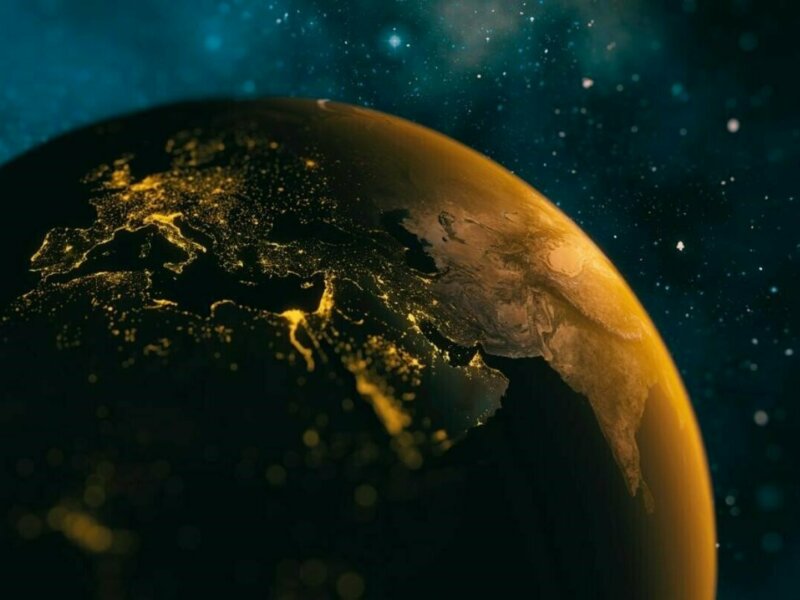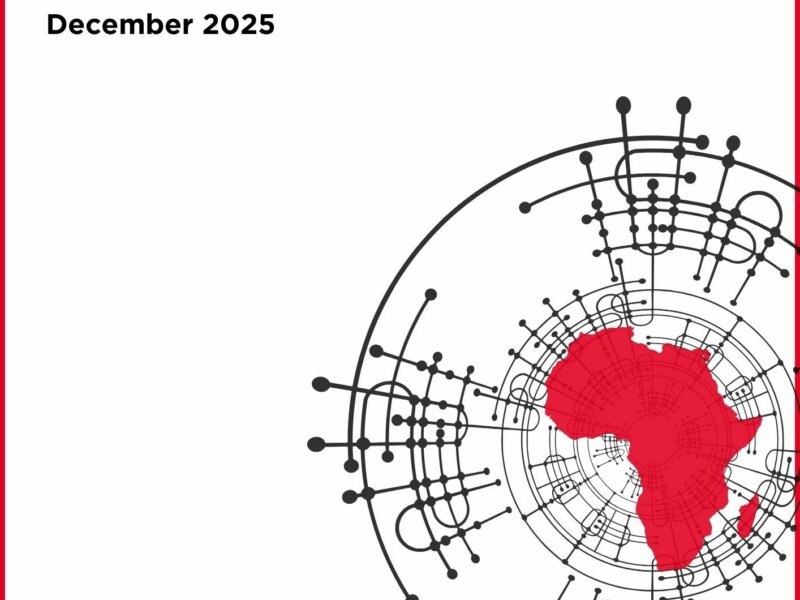IMEC and the Indo-Pacific: Charting a New Global Destiny for India
There is always a subtle thread that connects the destinies of peoples, their dreams, and their fears. Today, as we discuss the IMEC, the India-Middle East-Europe Economic Corridor, we are presented with a project that aspires to redefine the geopolitical balances of our time.

There is always a subtle thread that connects the destinies of peoples, their dreams, and their fears. Today, as we discuss the IMEC, the India-Middle East-Europe Economic Corridor, we are presented with a project that aspires to redefine the geopolitical balances of our time.
IMEC represents more than just an infrastructural project for India. It symbolizes an epochal transformation, as the country prepares to transition from a regional power to a global player. By 2030, India will have the third-largest GDP in the world, surpassed only by the United States and China. With over a billion people of working age, India will become the largest market on the planet. This means that India can no longer afford to look only within its borders but must begin to think big, projecting its strength beyond regional confines.
But there's more. IMEC is also a response to China's growing influence in the Indo-Pacific. China's strategy of expanding its military and commercial presence in the region poses a direct challenge. With IMEC, India proposes an alternative development model, less predatory and more cooperative, which could attract those countries wary of Chinese ambitions.
For the West, IMEC is a godsend. It represents an opportunity to counteract Chinese influence and diversify production and supply chains, reducing dependence on Beijing. In this context, India emerges as a natural partner, offering a tangible alternative for near-shoring and friend-shoring.
Moreover, if India succeeds in consolidating its leadership in the Global South, it can facilitate smoother relations for the West with those countries currently under China's economic sway. This could ease Beijing's coercive pressures, creating a more balanced global economic landscape.
India's foreign policy has always been characterized by non-alignment, a principle established by Nehru back in 1946. But IMEC marks a radical shift. India can no longer afford to remain neutral. With an infrastructural project spanning three continents, India is declaring to the world that it has a direct interest in numerous geopolitical hotspots, from normalizing relations between Israel and Saudi Arabia to strategic competition in the Strait of Hormuz.
Security in the Enlarged Mediterranean
The Enlarged Mediterranean, a term expanding the concept of the Mediterranean into the Indian Ocean, is crucial for Italy and other European nations. Ensuring a stable security environment in this region is fundamental. Projects like IMEC cannot succeed without robust security measures. Recent incidents, such as attacks on maritime routes and underwater cables, show how vulnerable these trade corridors are to non-state actors. Italy, through missions like ASPIDES and ATALANTA, plays a crucial role in ensuring the security of the Enlarged Mediterranean. Collaboration between India and Italy in maintaining security is vital for the success of IMEC and similar initiatives.
IMEC's success heavily relies on multilateral diplomacy. G20 and G7 summits have reaffirmed their commitment to the project despite ongoing conflicts like the Gaza war. This multilateral support underscores the importance of continuous diplomatic engagement and cooperation among partner countries. India's role in IMEC reflects its growing stature as a leader of the Global South and a bridge between the North and the South. The corridor is not just about economic connectivity but also about promoting a rules-based order that respects sovereignty and transparency, in stark contrast to China's BRI.
IMEC represents a strategic leap for India, driven by its economic growth and concerns over Chinese influence. For the West, it offers a means to de-risk and diversify away from Chinese dependencies. The corridor necessitates a departure from India's traditional non-alignment, involving deeper geopolitical commitments and collaborations.
Ensuring security in the Enlarged Mediterranean region is crucial, requiring robust tactical solutions and international cooperation. Diplomatic efforts in forums like the G20 and G7 are essential to navigate the project through complex geopolitical landscapes.
Ultimately, IMEC embodies a vision of interconnected prosperity, promoting collaboration and shared growth among continents. India's leadership and multilateral diplomacy will be fundamental in realizing this ambitious project, making it a cornerstone of future global economic architecture.
With such an ambitious project, India is not only looking to the future but is actively building it, brick by brick, with the determination of those who know that tomorrow is already here.



